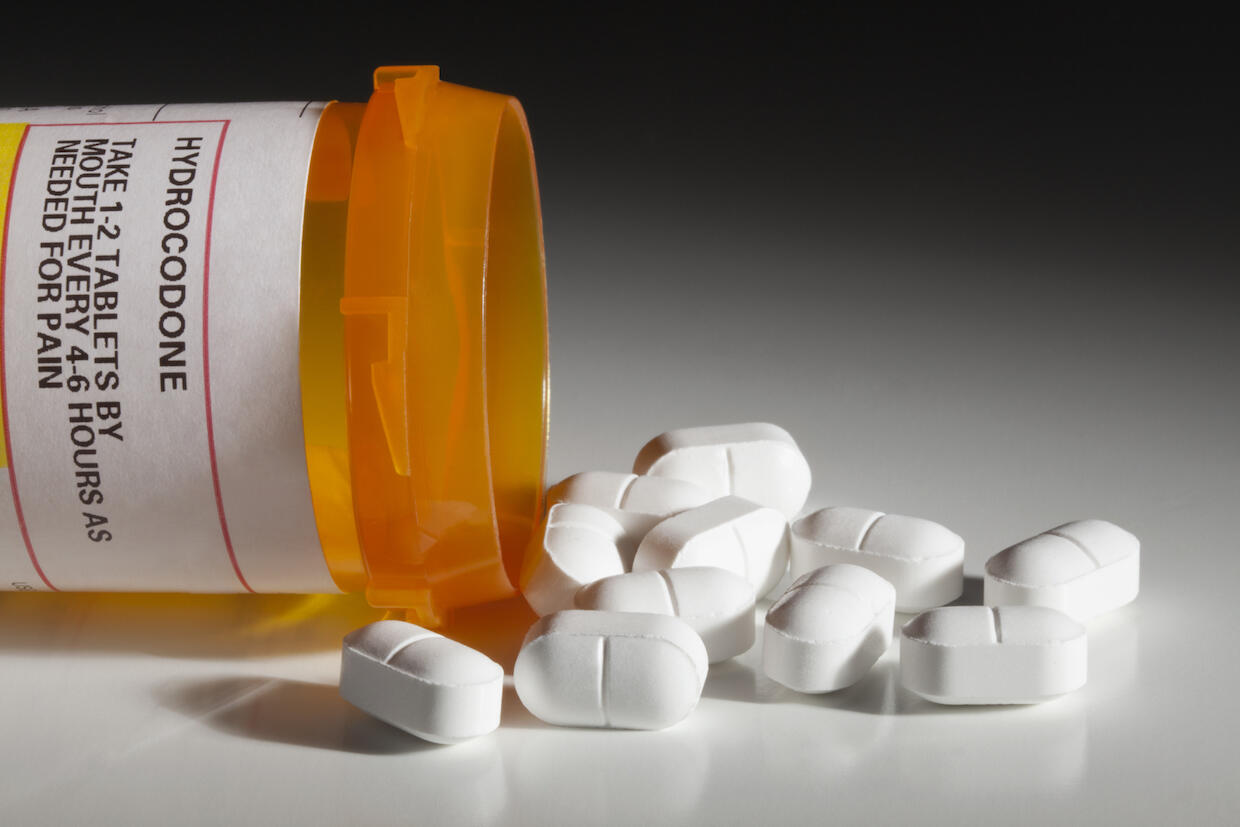
Aug. 7, 2017
VCU to lead evaluation of new state-sponsored substance abuse treatment program
Share this story

Opioids: An American health crisis
Overdose deaths in the United States involving prescription opioids have quadrupled since 1999, according to the Centers for Disease Control and Prevention. Ninety-one Americans die daily from an opioid overdose and more than 1,000 are treated daily in emergency departments for not using prescription opioids as directed. In 2016, Gov. Terry McAuliffe and Virginia Health Commissioner Marissa Levine declared the opioid addiction crisis a public health emergency in Virginia.
At VCU and VCU Health, efforts are underway to combat this public health crisis — through addiction treatment, pain management, health care policy, education and research. This multipart series provides a snapshot of those efforts.
T
he Virginia Department of Medical Assistance Services has selected Virginia Commonwealth University to lead a five-year evaluation of the state’s new Addiction Recovery Treatment Services program. A major statewide initiative that started in April, the ARTS program is intended to address the rise of opioid-related deaths in Virginia by enhancing Medicaid-sponsored substance use disorder treatment services.
“The ARTS program fits within a broader state initiative of addressing the opioid addiction crisis that is hitting Virginia as well as a lot of other states,” said Peter Cunningham, Ph.D., professor in the VCU School of Medicine’s Department of Health Behavior and Policy. Cunningham will lead the evaluation along with Andrew Barnes, Ph.D., also from the Department of Health Behavior and Policy. Sebastian Tong, M.D.; Marshall Brooks, Ph.D.; and Rebecca Aycock, Ph.D., all from the Department of Family Medicine and Population Health, also will contribute to the evaluation.
The ARTS program is intended to increase the number of outpatient substance abuse treatment providers and improve treatment capacity in the state by enhancing services covered by Medicaid. The program includes increasing reimbursement rates so that more substance use disorder treatment providers will be attracted to accept Medicaid patients. Prior to the ARTS program, Medicaid coverage for addiction treatment had been limited. Provider shortages further limit the state’s capacity to treat addiction.
“Clinicians are seeing a growing trend of patients with untreated substance use disorder in their practices, often with compounding health issues,” Tong said, adding that he has observed an uptick in opioid addiction in his practice as a family medicine physician — something the ARTS program is intended to address.
The VCU evaluation team will conduct analyses to determine if the ARTS program reaches its goals of increasing access to treatment, improving treatment service utilization, and improving health outcomes by way of fewer overdoses, fewer overdose deaths and fewer infants born in Virginia with neonatal abstinence syndrome. Researchers will utilize mixed methods and a variety of data sources to assess the ARTS program’s impact in the state, including analyzing Medicaid claims data and surveying clinicians.
“VCU has unique capabilities among other state universities to do this kind of evaluation,” Cunningham said, referencing the university’s multidisciplinary expertise in health policy and health economics, as well as the academic medical center’s clinical expertise in addiction treatment. “There is a lot of expertise at various levels from policy research experts to clinical experts who are on the front lines of seeing patients with addiction disorders. Our evaluation will marshal that expertise in a way that benefits the state.”
Last year, Gov. Terry McAuliffe and Virginia Health Commissioner Marissa Levine declared the opioid addiction crisis a public health emergency in Virginia. According to the Virginia Department of Medical Assistance Services, Medicaid members are prescribed opioids at twice the rate of non-Medicaid members and are at least at three times of a higher risk of overdosing on opioids.
“There is a significant risk among the Medicaid population,” Cunningham said. “Addiction is a complicated problem and there is no simple solution, but by utilizing the expertise we have within VCU, we will be able to assist the state in addressing this crisis that just seems to keep getting worse every year.”

Subscribe for free to the VCU News email newsletter at http://newsletter.news.vcu.edu/ and receive a selection of stories, videos, photos, news clips and event listings in your inbox every Monday and Thursday during the academic year and every Thursday during the summer.
Subscribe to VCU News
Subscribe to VCU News at newsletter.vcu.edu and receive a selection of stories, videos, photos, news clips and event listings in your inbox.










